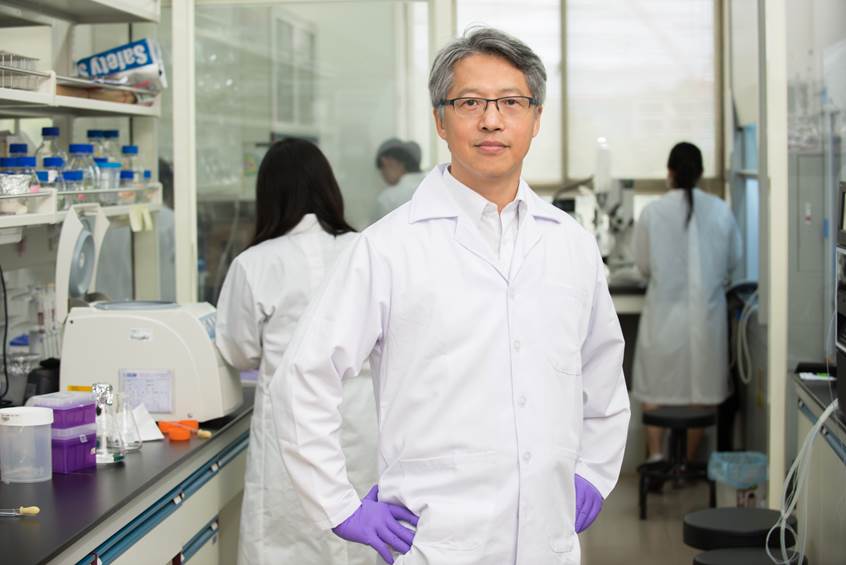2018 Kelly Lectures: Dr. James C. Liao
| Event Date: | April 24, 2018 |
|---|---|
| Speaker: | Professor James C. Liao |
| Speaker Affiliation: | President, Academia Sinica, Taiwan |
| Time: | 3:00 - 4:15 pm |
| Location: | FRNY G140 |
| Open To: | Attendance required for PhD students |
| Priority: | No |
| School or Program: | Chemical Engineering |
| College Calendar: | Show |
James C. Liao
President, Academia Sinica, Taiwan
Re-design of Metabolic Infrastructure for Carbon Management
 Abstract
Abstract
The key metabolic pathways, enzymes involved, and their reaction mechanisms were largely elucidated through a collection of efforts in the 20th century. However, metabolism is essential to cellular functions as well as the global carbon cycle. With the growing understanding of biochemical mechanisms of the cells and organisms, it is time to re-think and re-design the metabolic networks to solve problems in energy production and carbon cycle that cells were not evolved to deal with. In this talk, we will discuss how metabolic infrastructure in the cell can be re-designed for more efficient carbon management on earth.
Bio
Professor Liao received his B.S. (1980) degree from National Taiwan University and Ph.D. (1987) from University of Wisconsin-Madison. After working as a research scientist at Eastman Kodak Company, Rochester, NY, he started his academic career at Texas A&M University in 1990 and moved to University of California, Los Angeles from 1997 to 2016. He has served as President of Academia Sinica in Taiwan since June 2016.
Professor Liao is a Member of the US National Academy of Sciences, National Academy of Engineering, and Academician of Academia Sinica in Taiwan. He also received numerous awards and recognitions, including the Presidential Green Chemistry Challenge Award (2010), the White House “Champion of Change” for innovations in renewable energy (2012), the ENI Renewable Energy Prize bestowed by the President of Italy in 2013, and the 2014 National Academy of Sciences Award for the Industrial Application of Science.
His research has focused on metabolism, including its biochemistry, regulation and redesign. He uses metabolic engineering, synthetic biology, and systems biology to construct microorganisms to produce next generation biofuels and to study the obesity problem in human. Dr. Liao and his team also develop mathematical tools for investigating metabolism and guiding engineering design. Currently, their main projects include engineering proteins and biochemical pathways for CO2 fixation and production of fuels and chemicals. The ultimate goal is to use biochemical methods to replace petroleum processing and to treat metabolic diseases.
